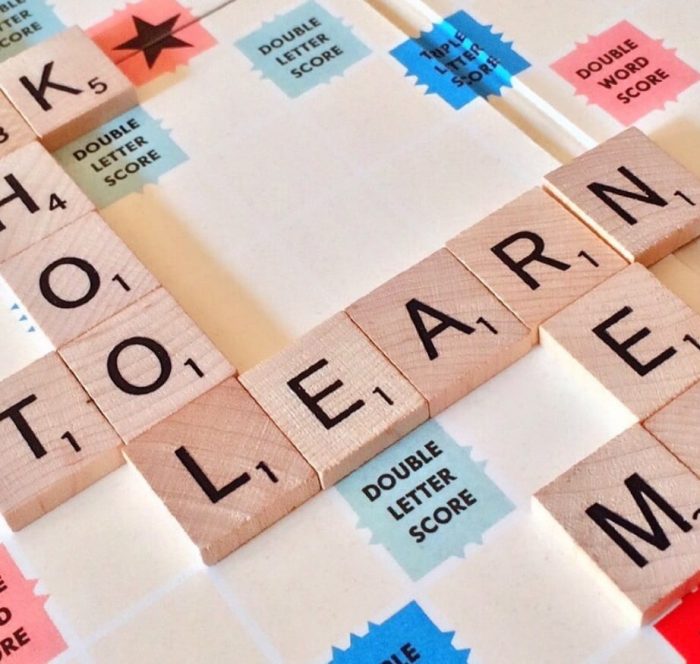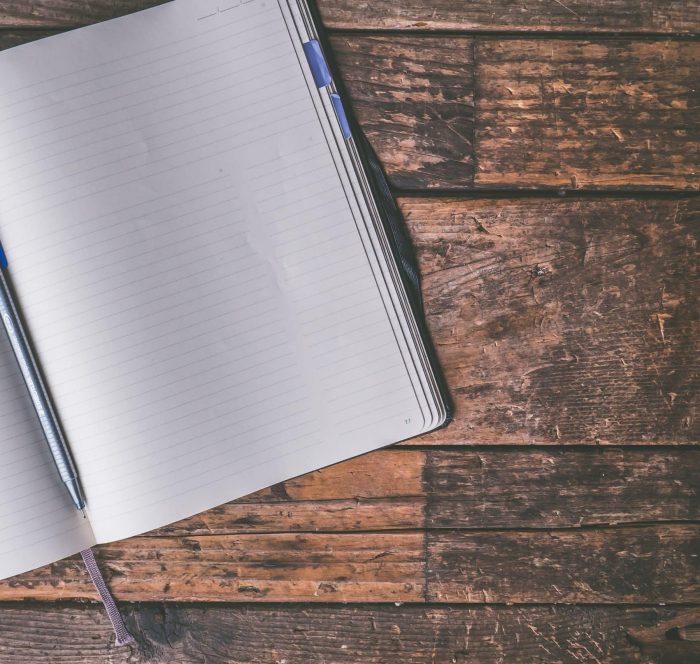According to Cambridge Dictionary, when we talk about possibility, we use can, could and may, but they are different in meaning. To ask for permission, we can also use the words can, could, and may. However, we use can and may, instead of could, to give permission.
-
Can
- When you state that someone is allowed to do something, you use the word ‘can’. You use the words ‘cannot’ or ‘can’t’ to express that they are not allowed to do it.
Example: You can travel oversea because Covid-19 restrictions are lifted.
- When you want to give someone permission to do something, you use ‘can’
For example: You can go home early today
- When you are asking for permission to do something, you use ‘can’ or ‘could’. Use ‘can’ in a simple and direct way.
For example: Can I ask a question?
- ‘Can’ expresses a strong possibility
For example: I can win this game, I have played it before
-
Could
- You use ‘could’ to say that someone was allowed to do something in the past
Example: Students could use the swimming pool.
- You use ‘could’ to ask politely for permission
Example: Could I seat here?
- Could in the present expresses a week possibility
Example: I could travel to Paris in July if I pass my exam this month.
-
May
- ‘May’ is used in more formal contexts to indicate that someone is allowed to do something.
Example: Students may bring English dictionaries for the exams
- ‘May’ is also a formal way of asking for permission.
Example: May I go out?
We hope you find this explanation of Can, Could, May useful for your time here!














